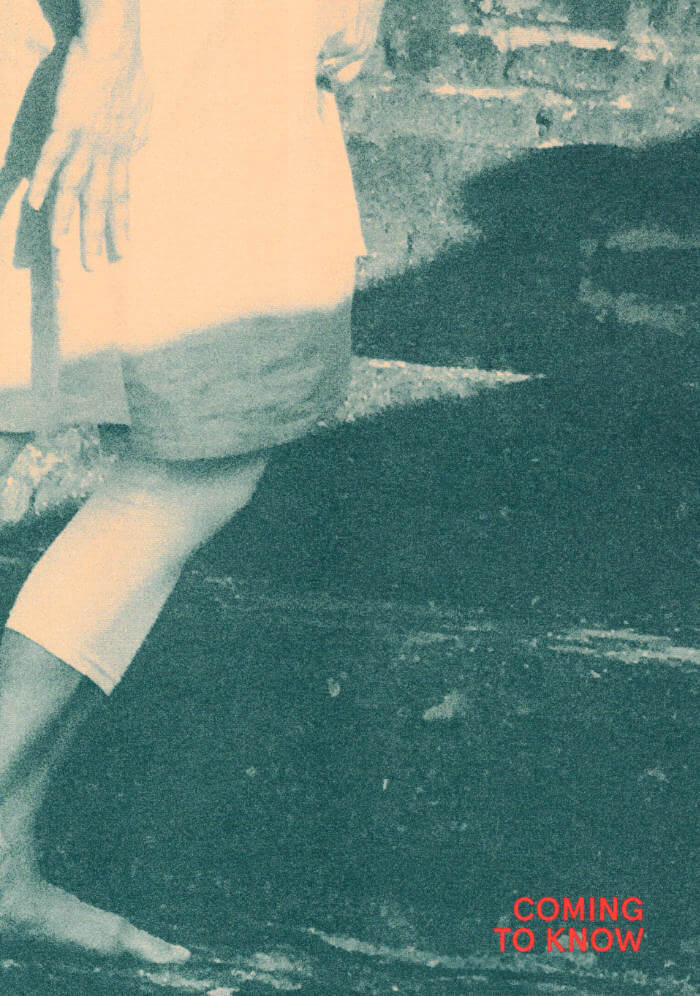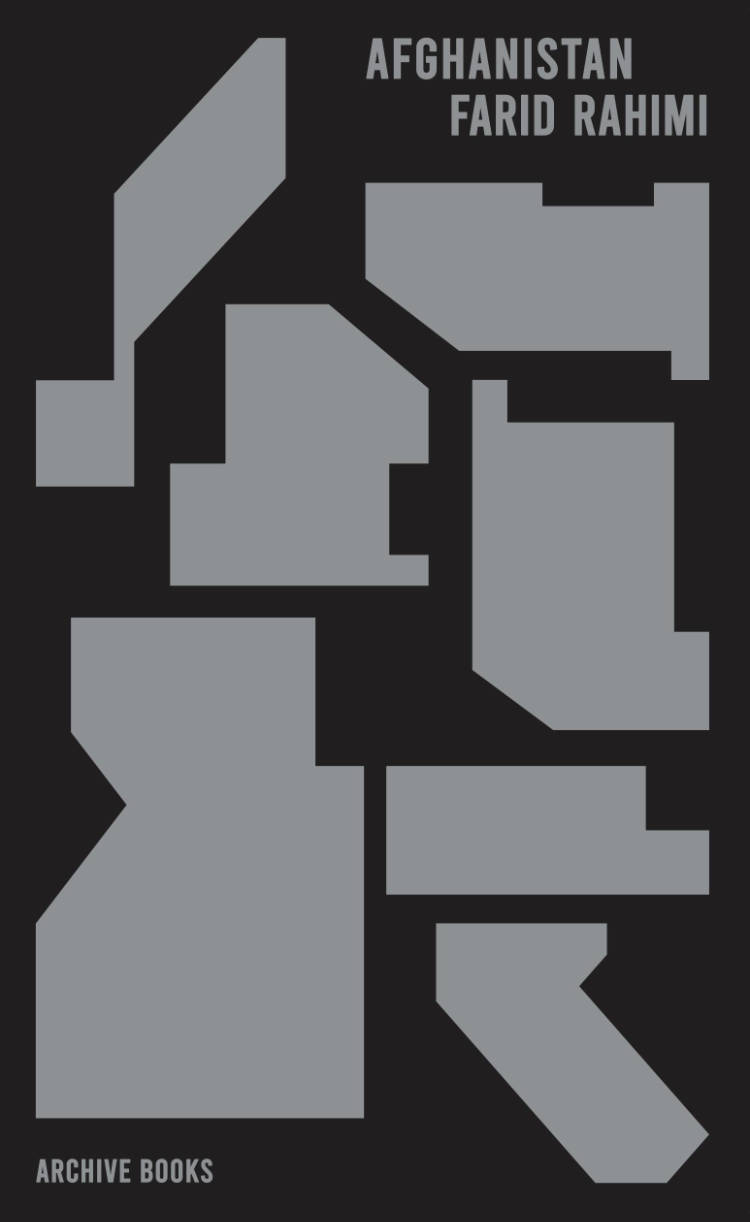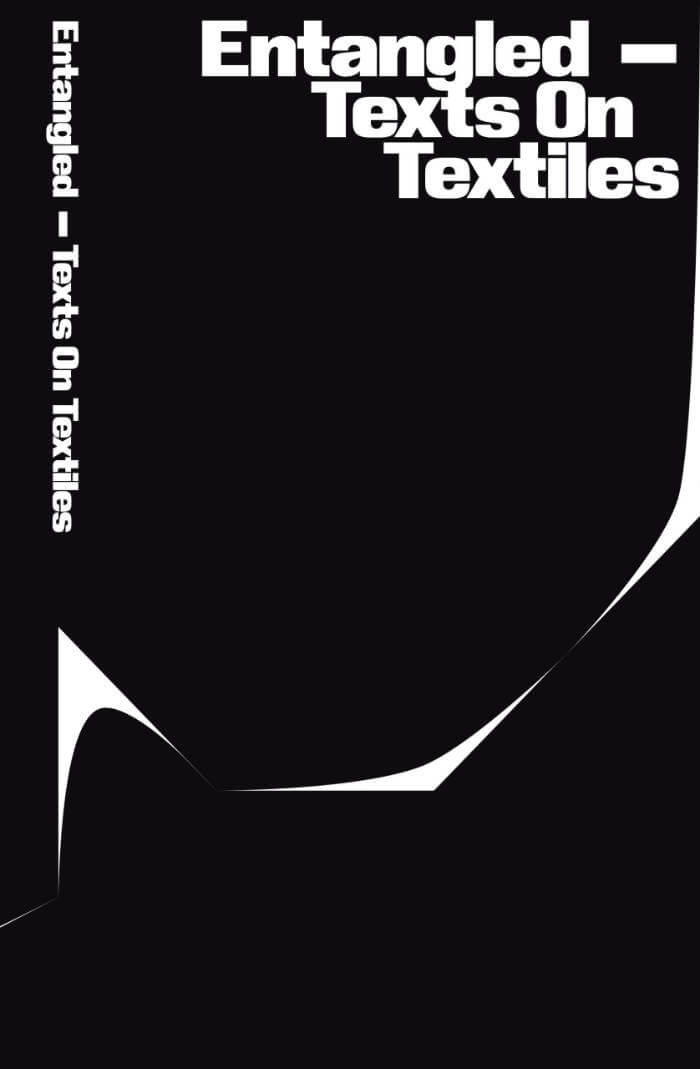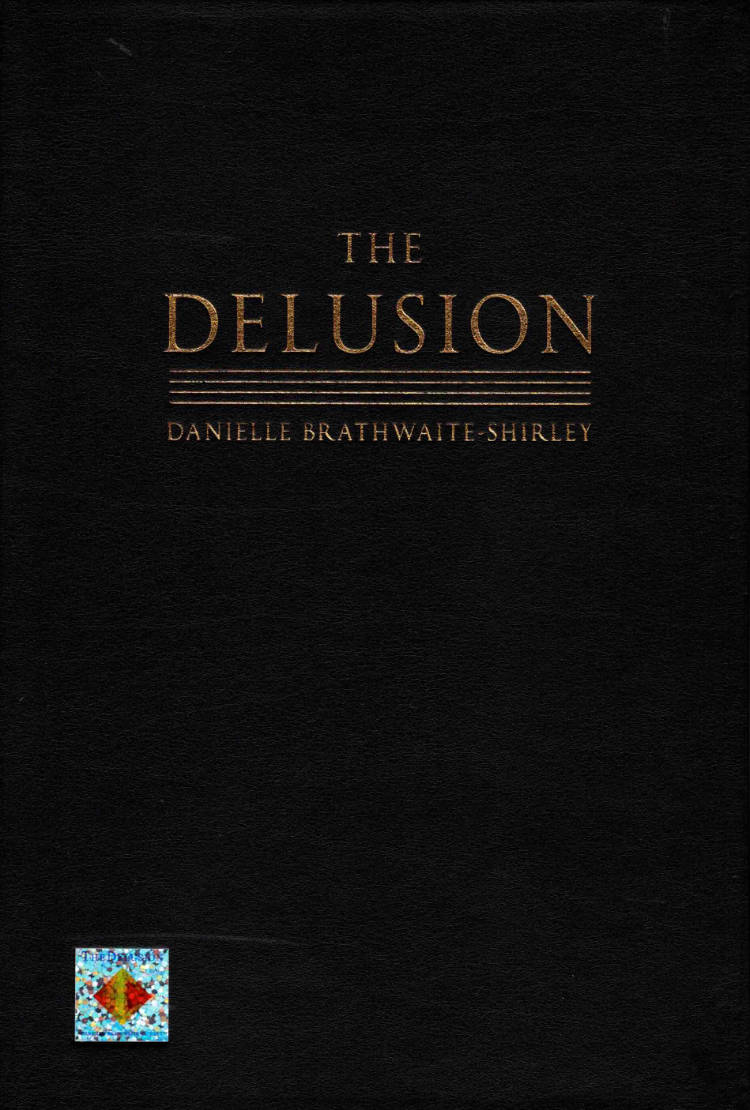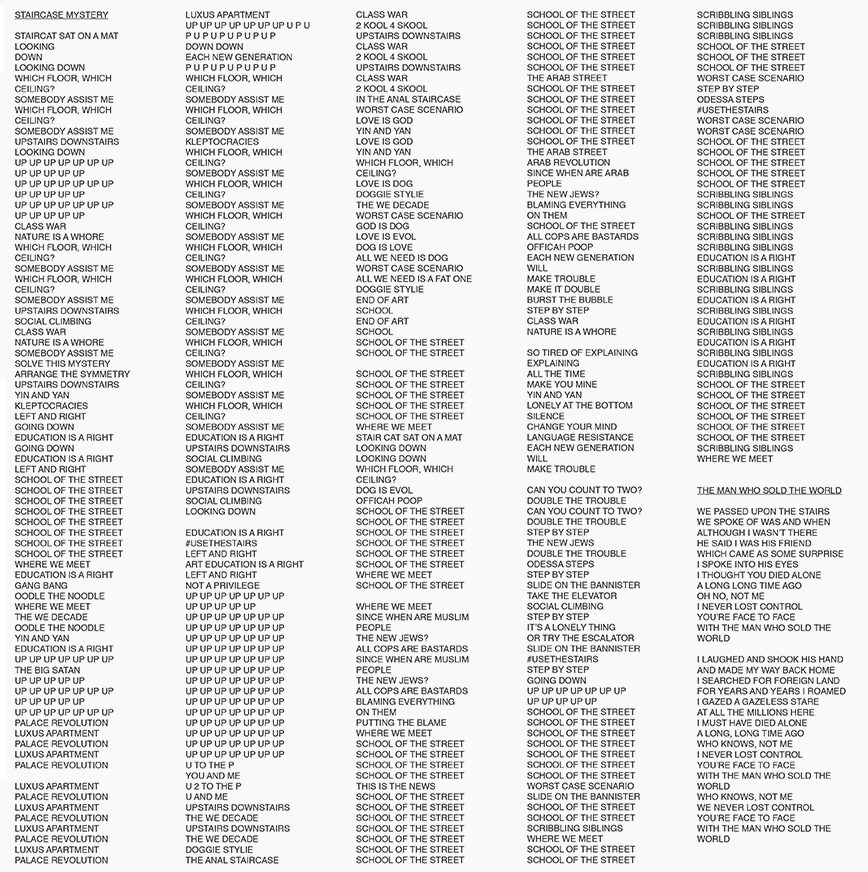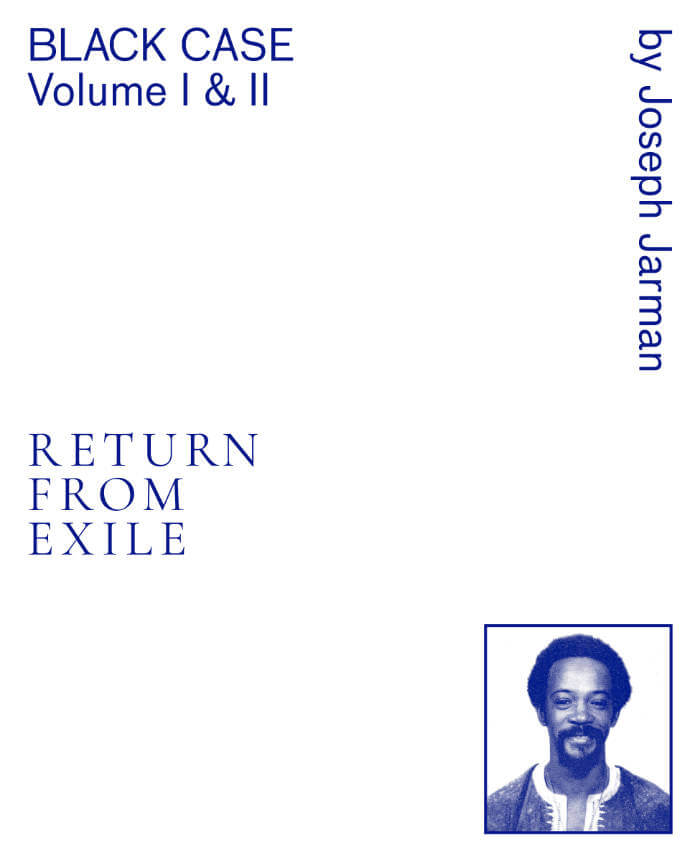The first book dedicated exclusively to the female protagonists of Latin American electronic music.
The book has been edited by independent curator, researcher and label head of Buh Records, Luis Alvarado, and experimental musician, multimedia artist and researcher Alejandra Cárdenas (also known as Ale Hop).
Composers and sound artists featured in this historical account include: Alicia Urreta, Beatriz Ferreyra, Elsa Justel, Eulalia Bernard, Graciela Castillo, Hilda Dianda, Ileana Pérez Velázquez, Irina Escalante Chernova, Iris Sangüesa, Jacqueline Nova, Jocy de Oliveira, Leni Alexander, Margarita Paksa, Marietta Veulens, Mónica O'Reilly Viamontes, Nelly Moretto, Oksana Linde, Patricia Belli, Renée Pietrafesa Bonnet, Rocío Sanz Quirós, Teresa Burga, Vania Dantas Leite, among others.
The official history of 20th-century avant-garde electronic music has been predominantly narrated from the point of view of Anglo-American and Western European experiences and largely remained focused on its male protagonists. To destabilize this history, this editorial project presents a collection of perspectives, essays, interviews, archival photos, and work reviews centered on the early electronic music production by Latin American female creators, who were active from the 1960s to the 1980s. The book also brings us closer to the work of a new generation of researchers who have focused on offering a non-canonical reading of the history of music and technology in Latin America. The publication is the record of a new vision, an account of the condition of being a woman in the field of music technology at a time when this was a predominantly masculine domain. The decision to take electronic technologies for sound creation as the backbone of this history is related to the intention of broadening our focus of interest outside the spectrum of institutional electroacoustic music to include other experimental, interdisciplinary and sonic arts practices involving new technologies, beyond the circuits of academic avant-garde music.
The texts that make up this publication are organized spatially and conceptually, rather than following a chronology. The selection of female composers profiled sheds light on a variety of relevant aspects: key musical contexts, experiments with technologies (such as tape, electronic synthesis, the first commercial synthesizers), diverse formats (i.e., radio art, electroacoustic pieces, installation, multimedia, theater, film, etc.), intertwined with themes, such as migration, memory, identity, collaboration, interdisciplinarity, social engagement, the acceptance of electronic music, etc. Moreover, the framework of this editorial project opened a space for intergenerational dialogue and a meeting of aesthetics, as many of the authors gathered as collaborators are composers and sound artists themselves.
